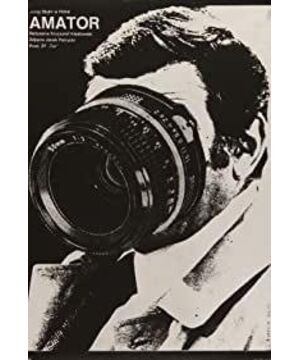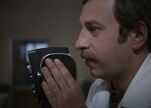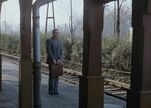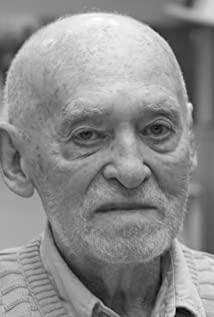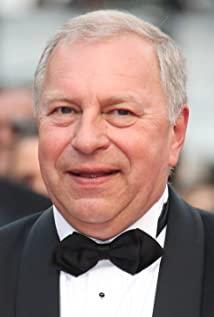As the protagonist of "Camera Buff" (1979), after starting to use the camera to shoot documentary short films, it can be roughly divided into three stages. At first, he was used to record life moments. Later, the short film entered the channel of public screening. In the end, the work received a good or bad response, but he was lost in the confusion of what should be filmed.
In the beginning, the protagonist’s motivation for shooting was to record the growth of his daughter and make it into an ordinary family private image. He has no specific plan for shooting. The camera is like an extension of his eyes. He takes pictures of what he sees. But in that era, cameras and film were still rare and expensive things, so people had a particularly ritual sense of taking pictures. Recording images in front of the camera seems solemn to most people, so it’s best to look beautiful at the moment of shooting, or the camera is designated for formal celebration occasions.
However, what struck me most during this period was the scene where the neighboring driver relived the video after his mother passed away. At that time, it was just a daily fragment taken casually, and it eventually became a precious souvenir in personal memory. This is the same principle as the light and shadow dreamscape created by the movie. What flows between the picture and the picture are the emotions and feelings that people project in it.
When the film participated in the competition screening, as the protagonist of a hobby photographer, he began to come into contact with the professional perspective of film production. From the discussion of the judges and the questions and answers after the screening, he rethinks the meaning of creation and about himself expression. The scene where the protagonist interacts with the film director at close range as an audience is enviable. When enlightenment is still needed, there are outstanding local art films acting as "guides". The director's careful consideration of film creation has deeply affected the protagonist's attitude towards shooting.
He expanded the scope of documentary materials and placed more dimensions of social reality on the subject. The public broadcast on TV also allows a disabled employee in a marginal position to confirm his existence in the public space. Throughout the filming process, the protagonist, as the director, gradually becomes consciously observing the surrounding situation from his personal perspective.
At the end of the film, after the short documentary filmed by the protagonist is broadcast, the outside world's understanding and cognition of its content description can no longer help but the director's own wishes. The social phenomena exposed in the short film may not necessarily be improved, but some seemingly innocent people have to be punished for it. Those ordinary scenes, which are clearly commonplace for the masses, have become unsightly and sensitive issues from the upper level after being "discovered" by the camera again. At this time, the shooting and recording seemed to become a special kind of "power."
Because of this, the protagonist suddenly realized that he didn't know how to continue using the camera. Although he has been able to operate machines proficiently, it is clear that shooting creation is not just about operating tools. How to master the use of the camera is related to the autonomous will of the director behind the camera. In the end, the protagonist aimed the camera at himself and opened a reflexive self-narrative, trying to figure out from the beginning the major changes the camera had brought to his personal life.
View more about Camera Buff reviews


